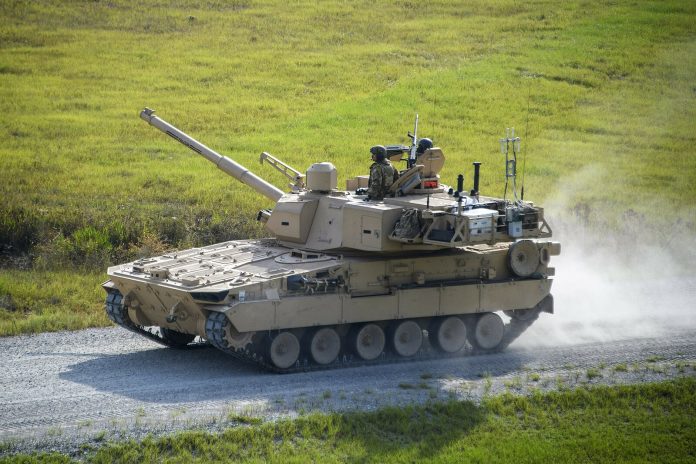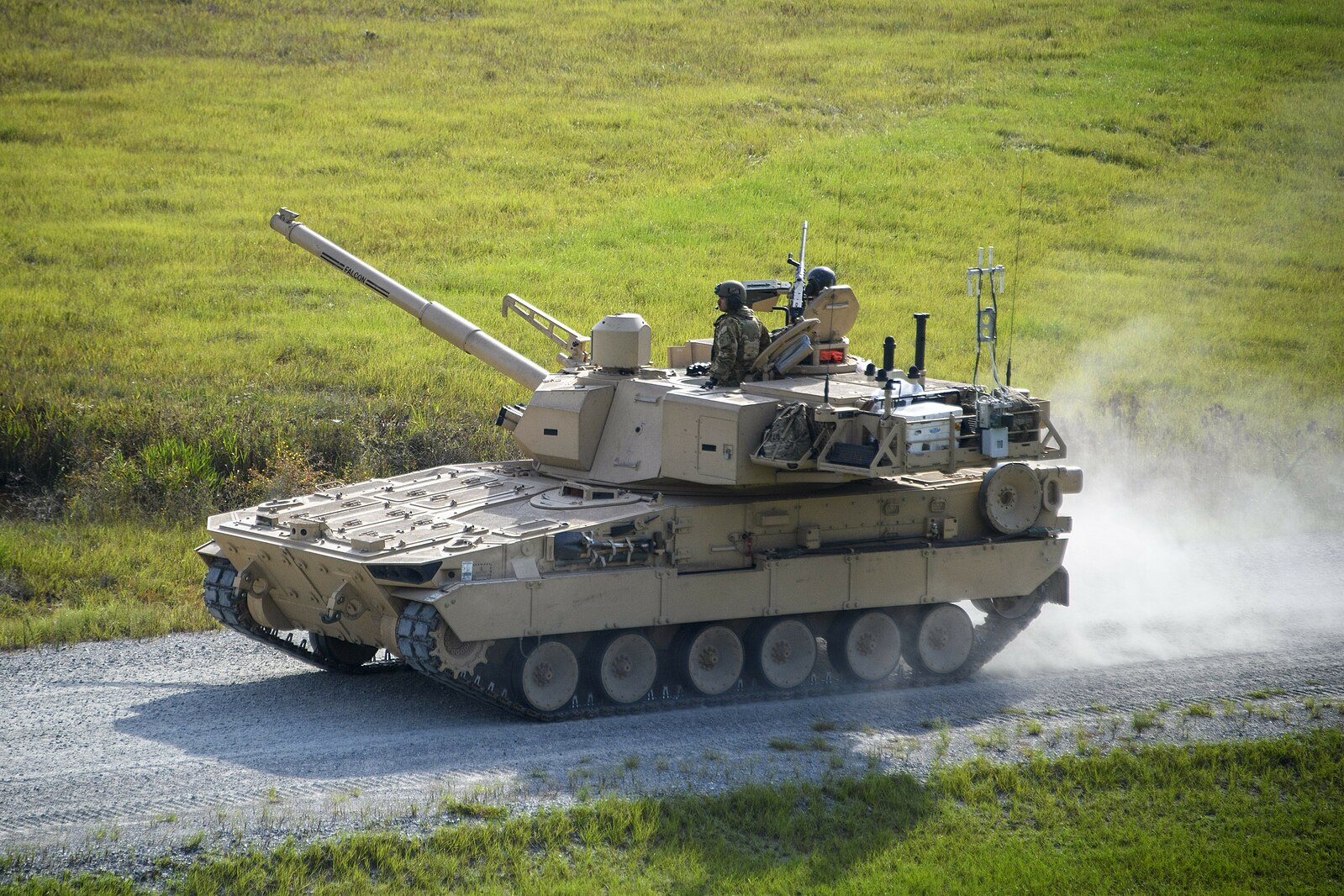
The U.S. Army’s latest vehicle, the M10 Booker, is specifically designed to support mechanized brigades. It looks like a scaled-down version of the M1 Abrams Main Battle Tank (MBT), featuring a 105mm cannon and lighter armor.
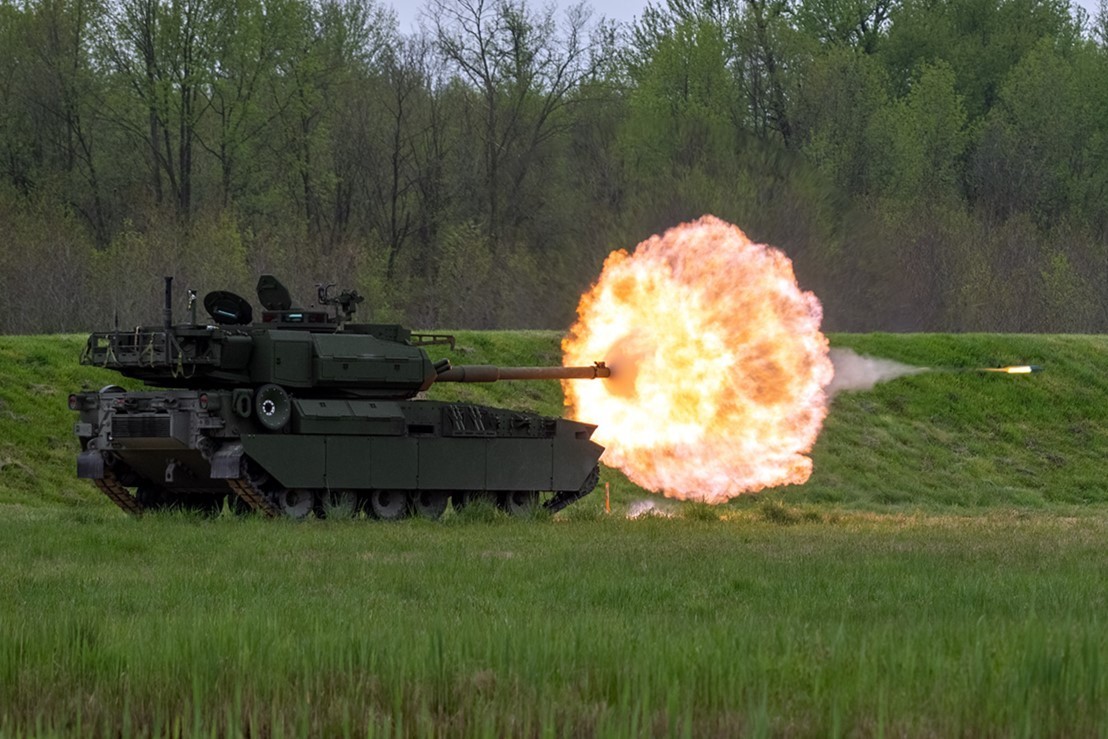
However, it’s not just a tank, nor is it an armored personnel carrier. Unlike most tanks, the M10 Booker doesn’t carry any personnel besides the crew.
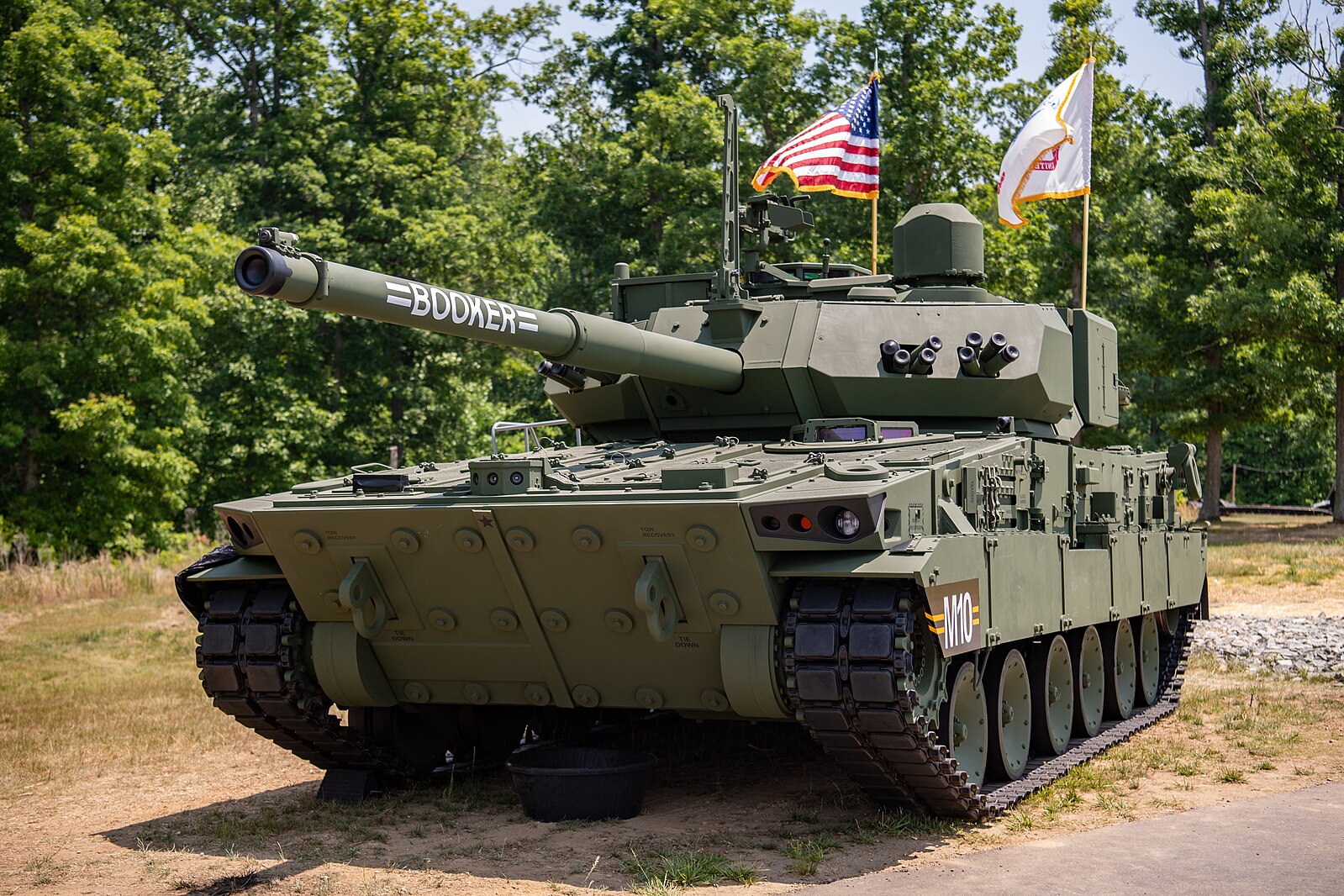
According to the U.S. Army, the M10 Booker will “add firepower and maneuverability to the Army’s mechanized brigades.” Despite its smaller size, which helps reduce maintenance costs, the Booker is still a formidable vehicle. It features a 105mm cannon and lighter armor compared to the M1 Abrams’ 120mm cannon, making it a distinct and capable addition to the Army’s arsenal.
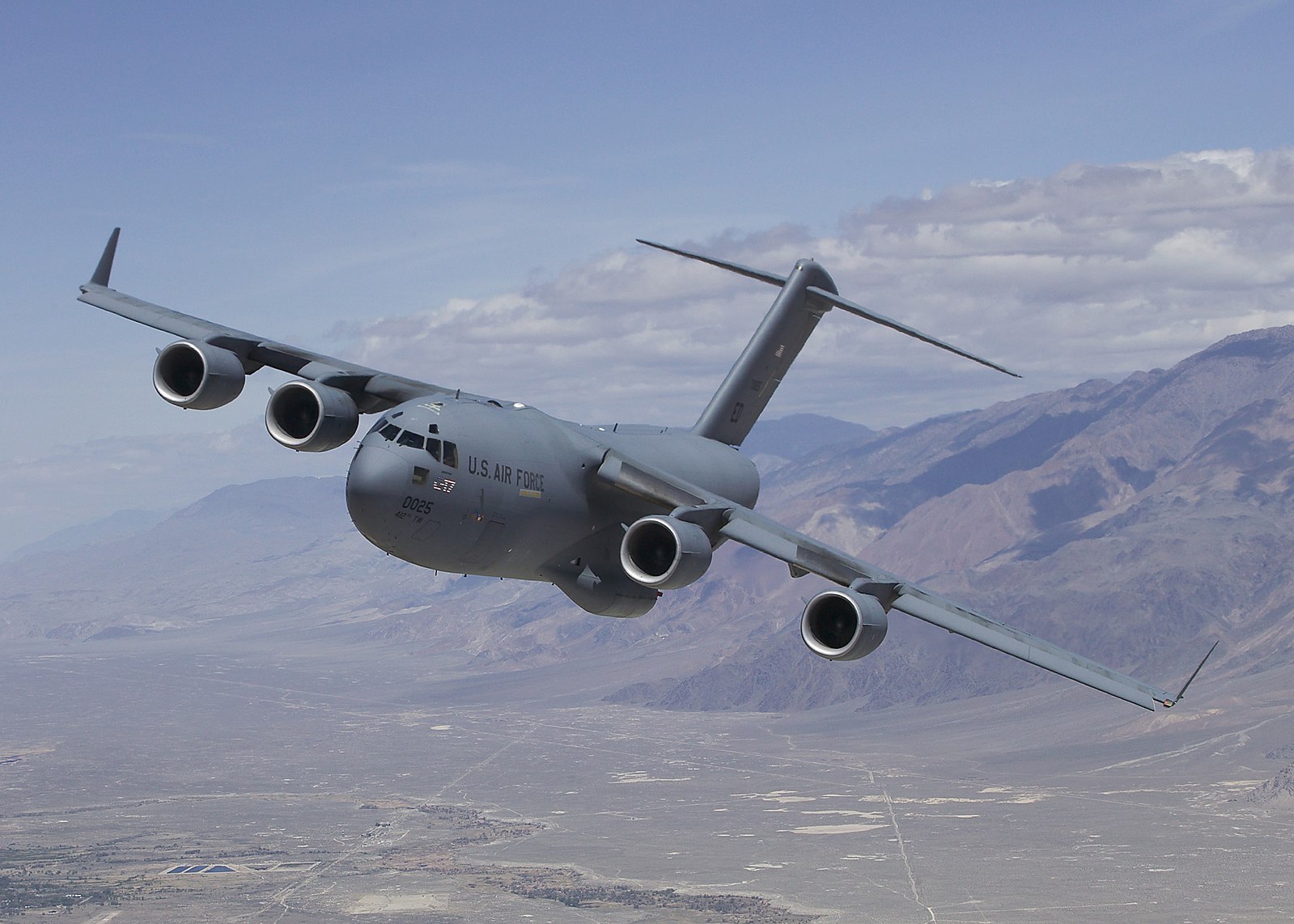
The Army is quite pleased with the M10 Booker and optimistic about its effectiveness in future combat missions. Unlike the Abrams, the Booker is designed to fit easily onto a C-17 Globemaster III transport plane without disassembly.
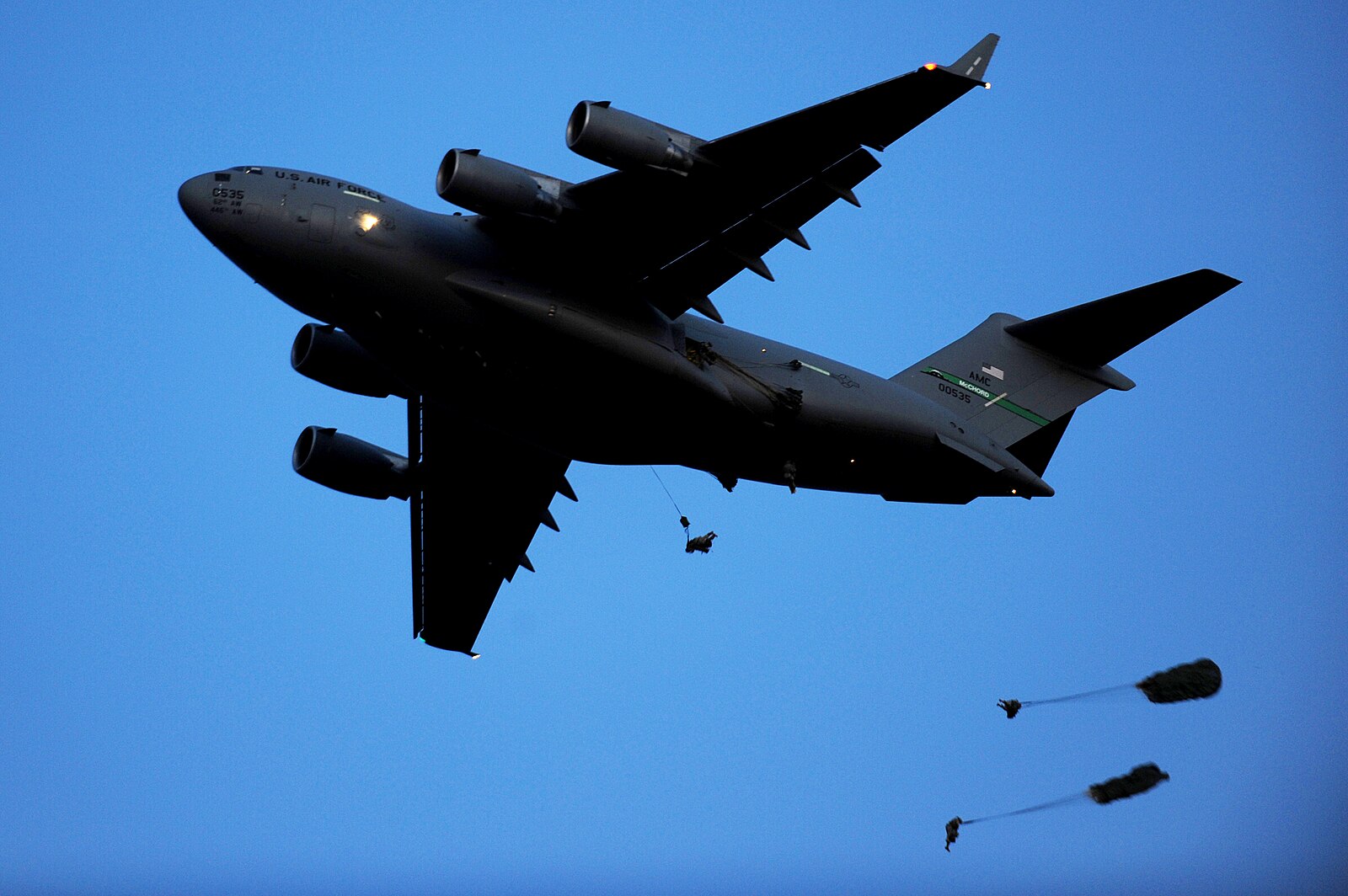
While the Abrams can also fit on a C-17, only one can be transported at a time and it must be partially disassembled. In contrast, two Booker units can fit on a C-17 and can be rolled on and off the aircraft intact.
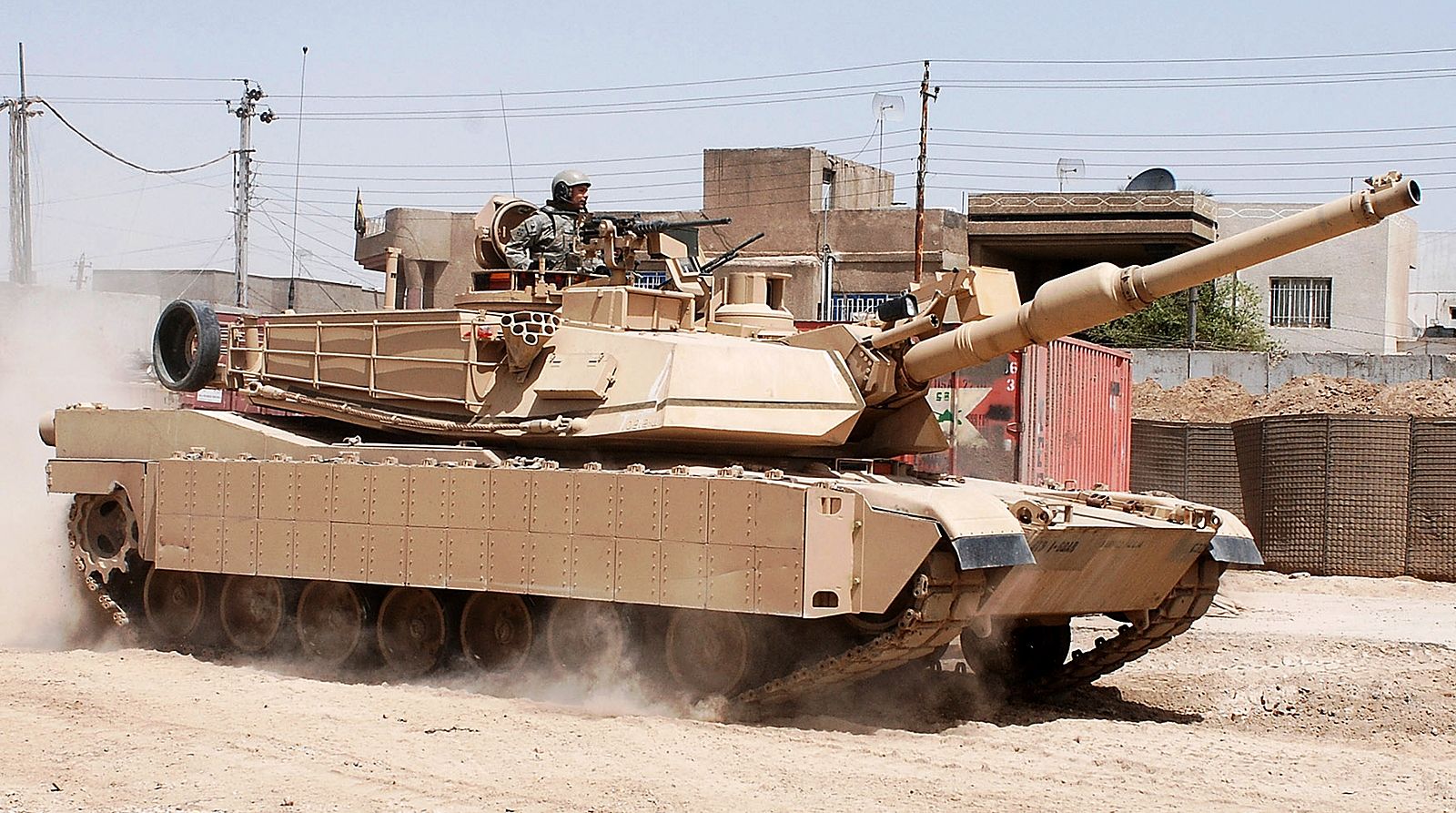
The M10 Booker is specifically designed to support light infantry units during combat operations. Unlike the M1 Abrams, which requires reassembly at an airbase before deployment, the Booker can quickly move to frontline targets, providing immediate support to infantry on the move. Its purpose is to ensure mobility while offering protection to light infantry forces.
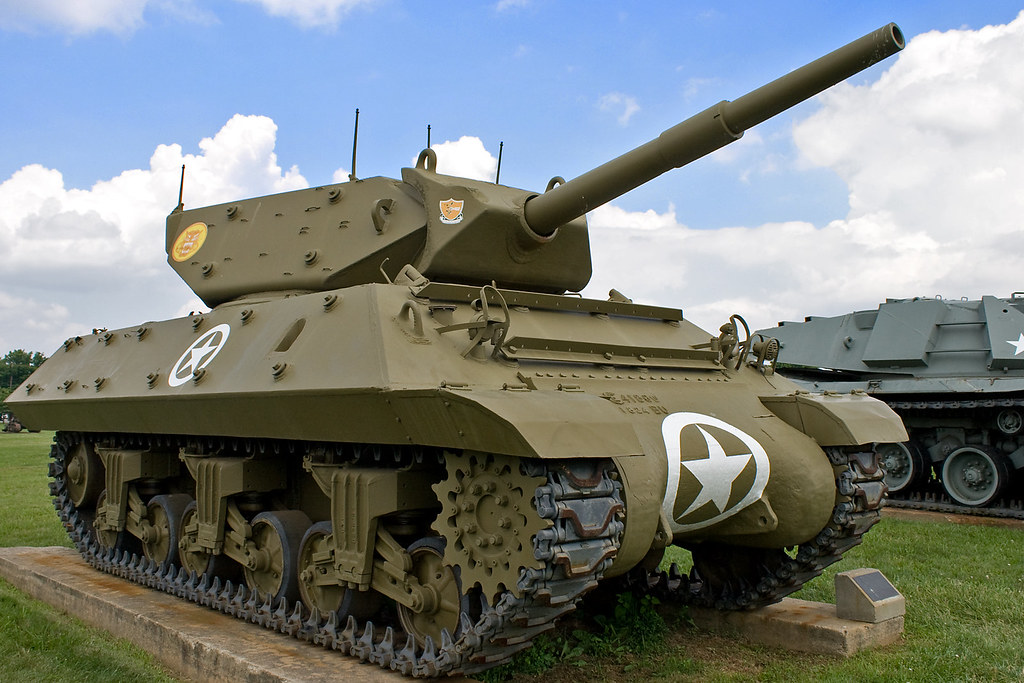
The Army’s leadership insists that the M10 Booker is not a “light tank,” contrary to some press descriptions. General Glenn Dean explained to the Military Times that it doesn’t qualify as a light tank because “the historical use of light tanks has been to perform reconnaissance functions.
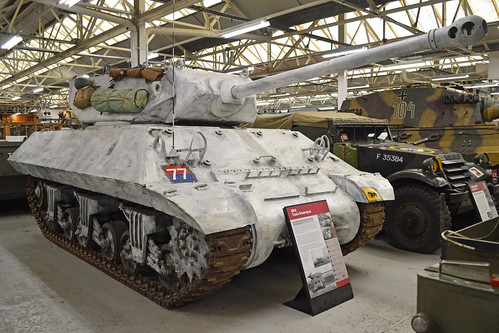
This is not a reconnaissance vehicle. It’s not actually a mission match [for a light tank].” However, as Davis Winkie of the Military Times remarked, “Stop gaslighting us. It’s a damn tank.”
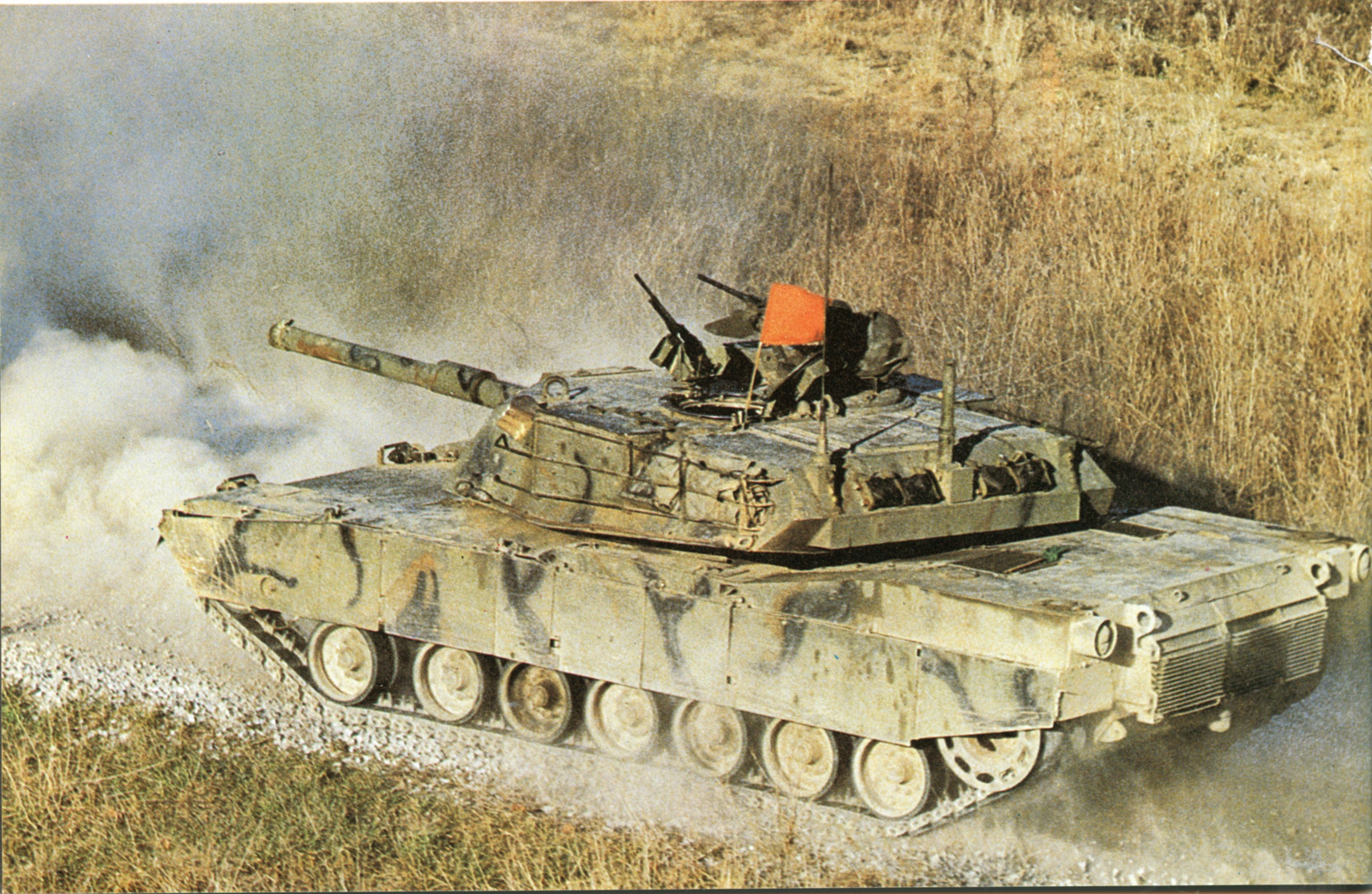
The more pertinent question is what kind of tank the Booker is. It’s not a main battle tank (MBT) like the M1 Abrams, and its armor and design, which excludes reconnaissance missions, indicate it’s not a traditional light tank either.
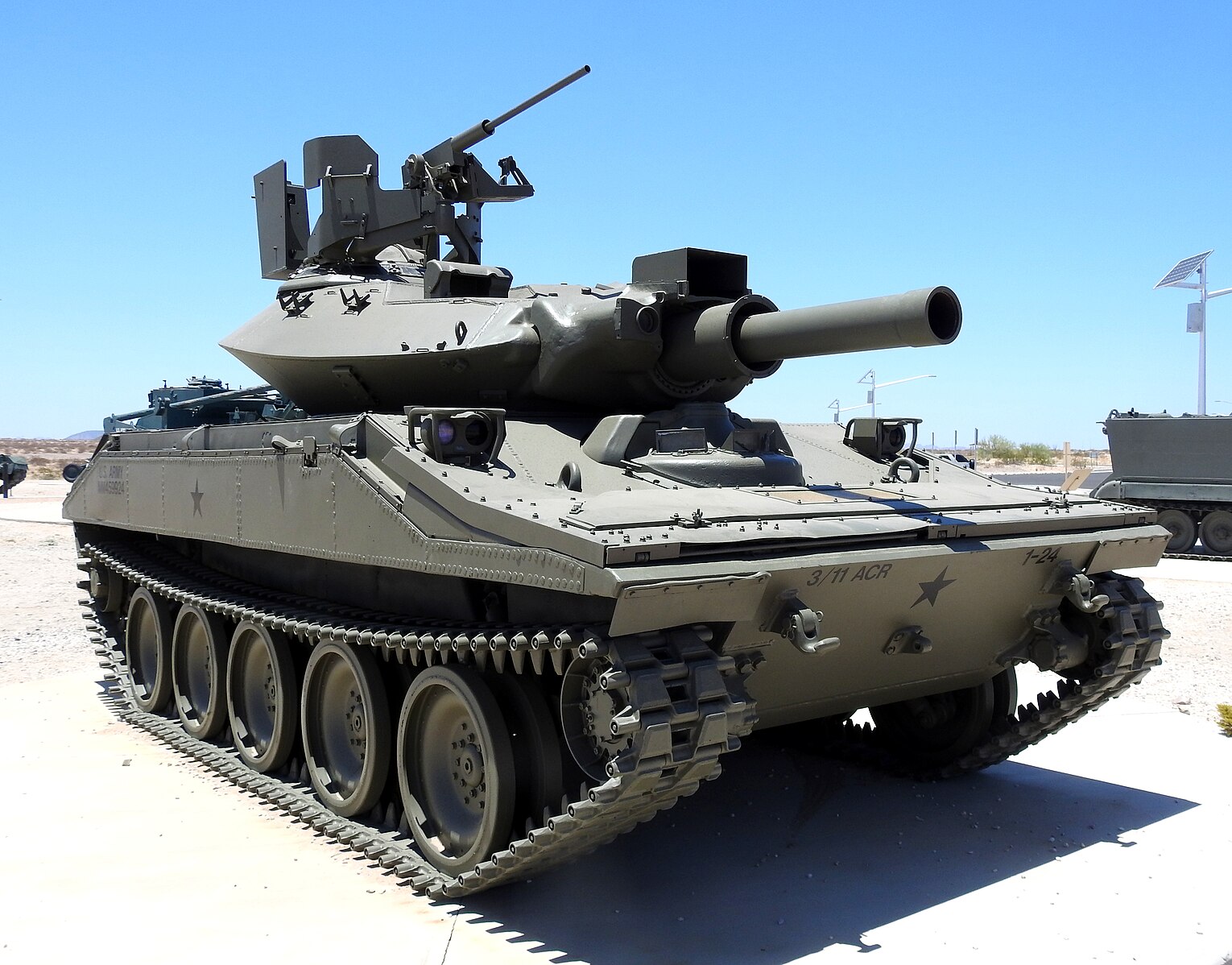
It’s more comparable to a medium tank. The M551 Sheridan, classified as a light tank during the Cold War, is somewhat analogous to the Booker, though the Sheridan could be parachuted into combat.
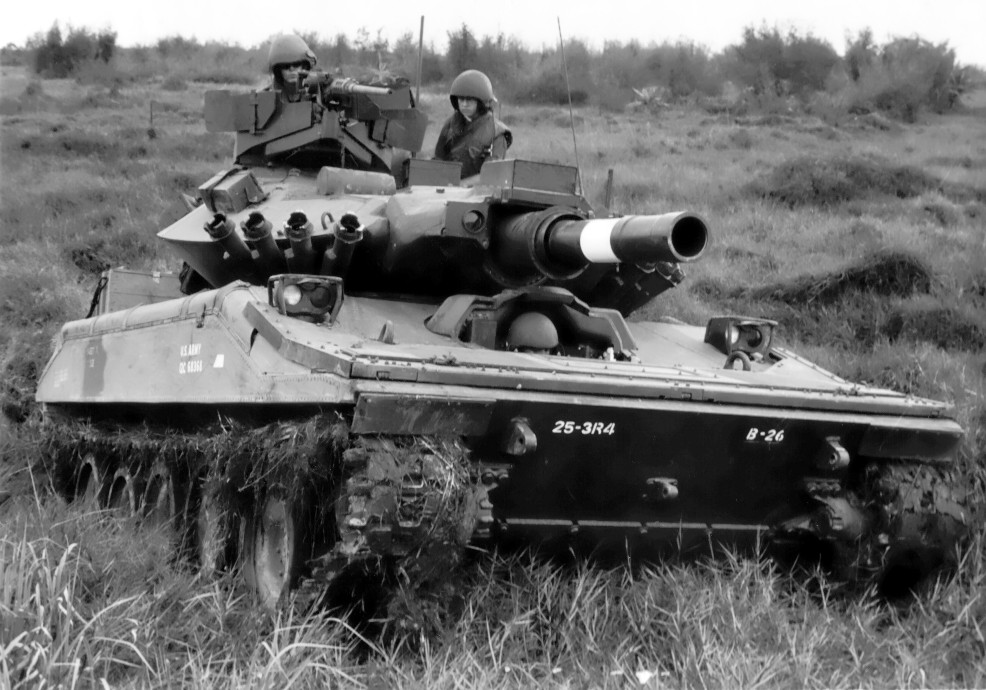
A former Army tanker speculated that the Booker might eventually be light enough for parachute deployment as well.
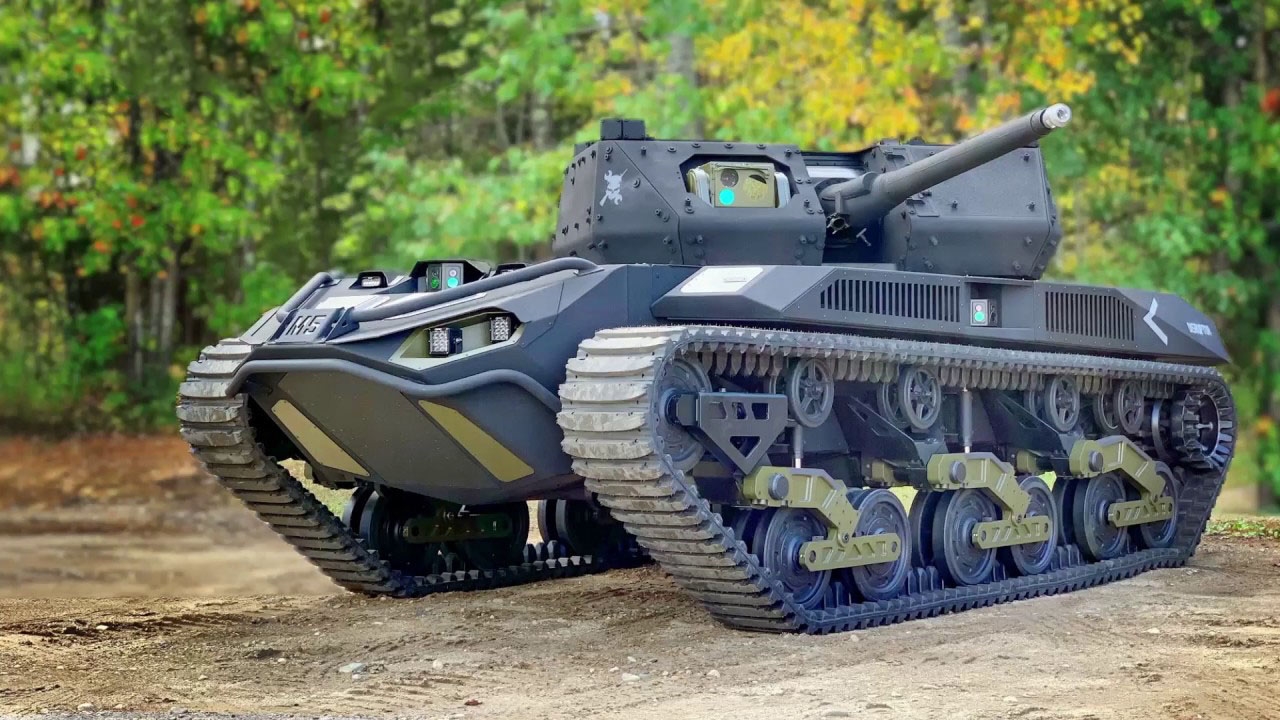
The Army claims they incorporated lessons from the Ukraine battlefield into the M10 Booker, but one key lesson seems overlooked: light tanks have proven ineffective in such combat.
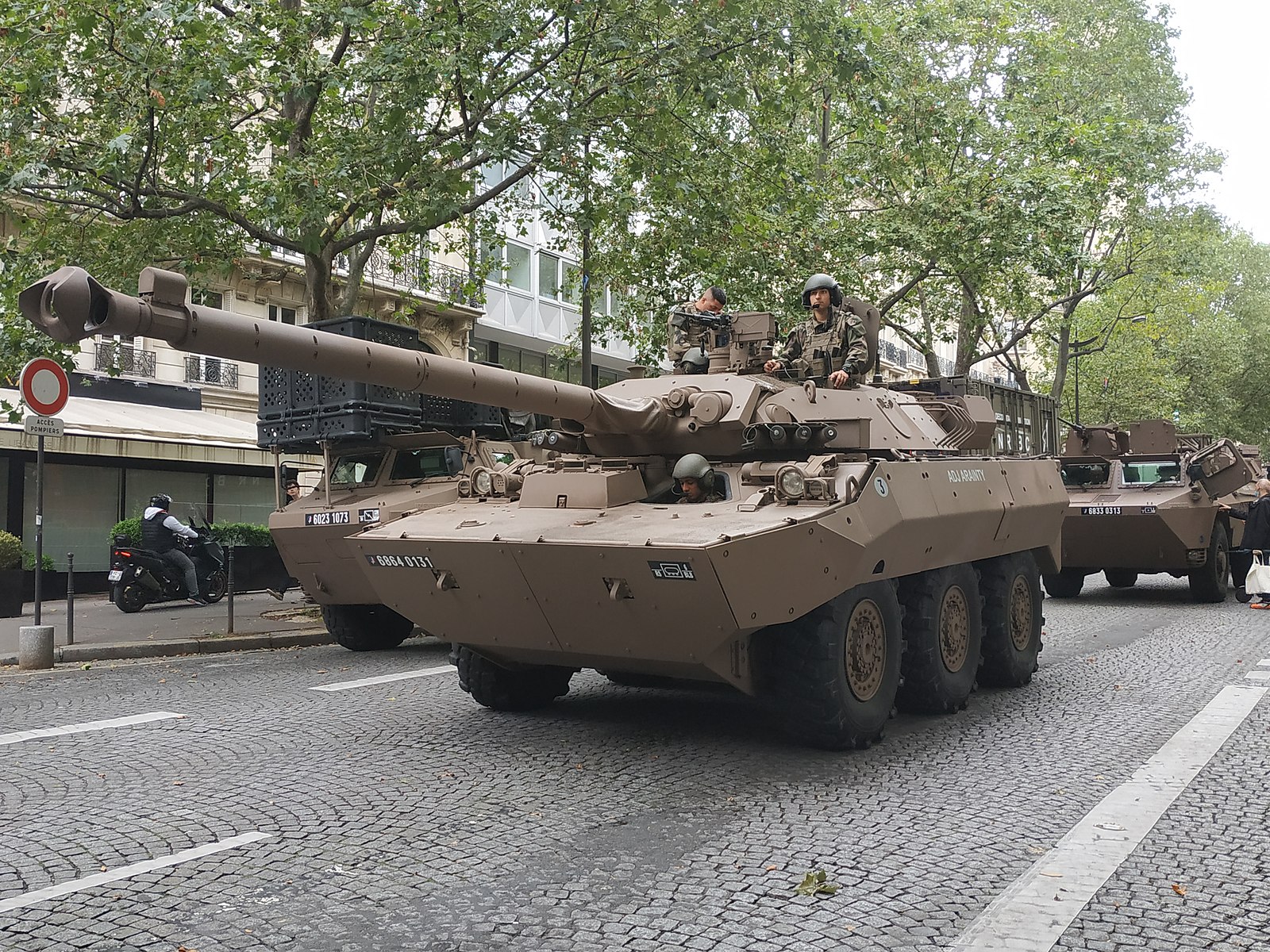
The French-supplied AMX-10RC light tanks were unsuitable and led to heavy Ukrainian casualties, easily destroyed by Russian anti-tank weapons and more powerful tanks.
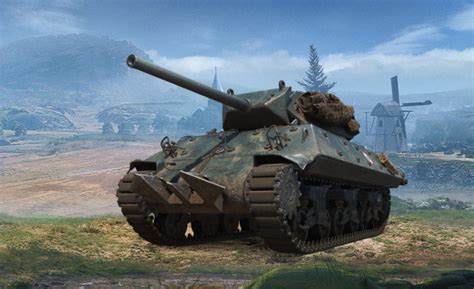
Despite being labeled as a “medium” tank, the Booker, with its 105mm gun and light armor, fails to deliver the necessary firepower and protection for modern warfare against near-peer rivals.
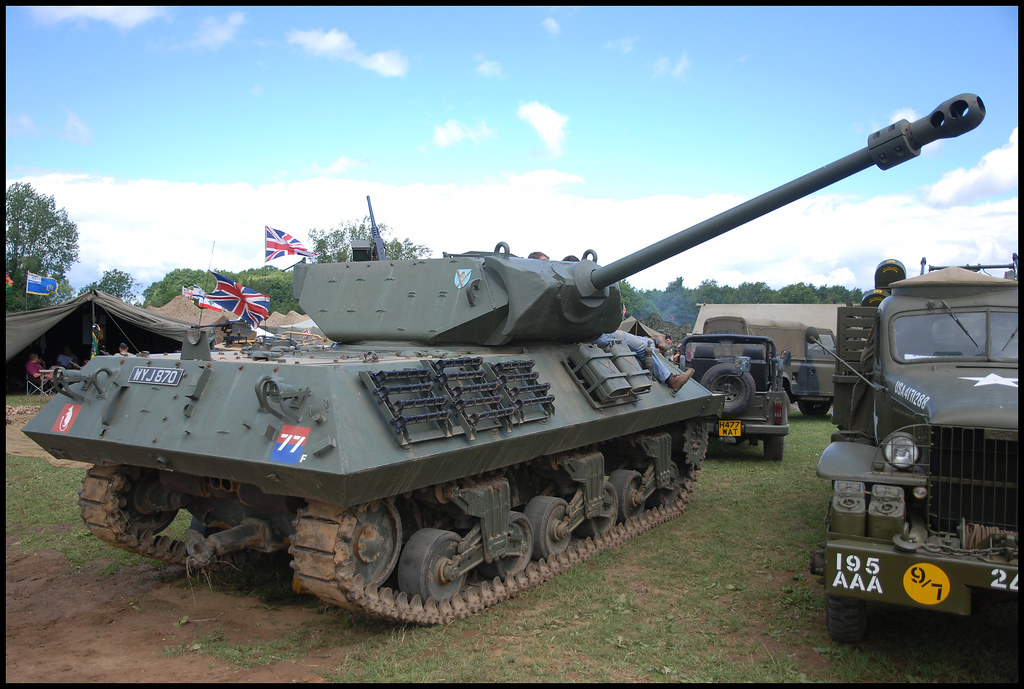
The U.S. Department of Defense’s acquisition system, driven by political preferences rather than battlefield needs, has produced a vehicle that doesn’t meet the demands of contemporary combat. Infantry requires mobile and maneuverable support, but also robust tanks—something the Booker does not adequately provide.
Relevant articles:
– Meet the M10 Booker: The U.S. Army’s New Non-Tank Tank, The National Interest
– The Army’s M10 Booker Combat Vehicle Has Arrived, nationalinterest.org
– U.S. Army’s M10 Booker Program in Production with Allison Transmission, Allison Transmission
– The Army’s New M10 Booker Looks, Rolls, and Fires Like a Tank. But Please Don’t Call It One., Popular Mechanics
